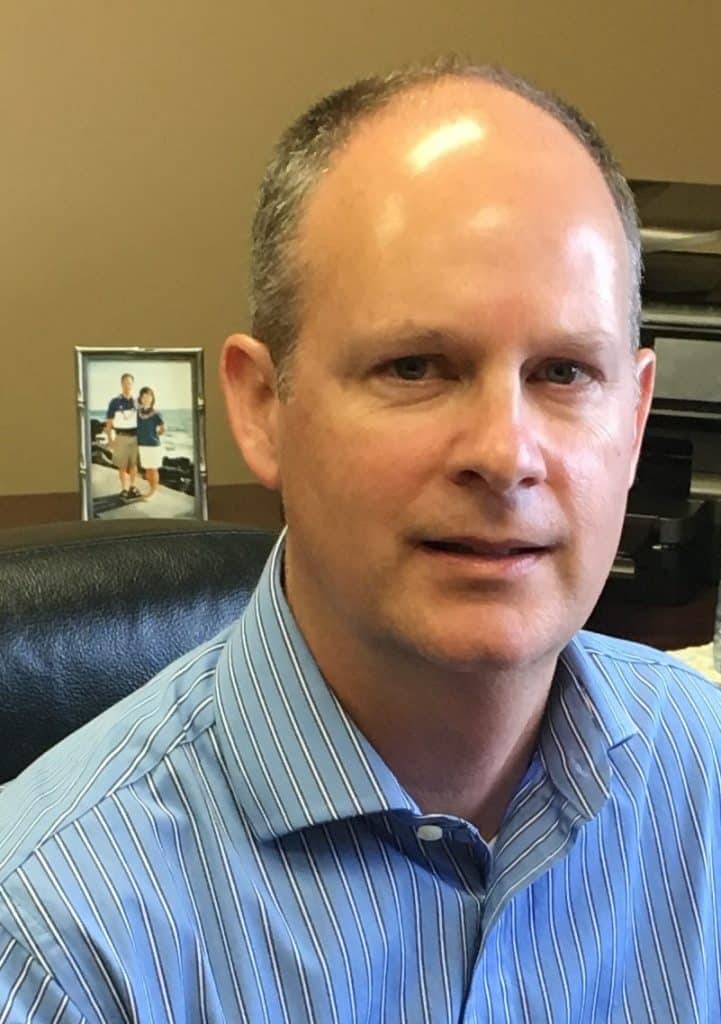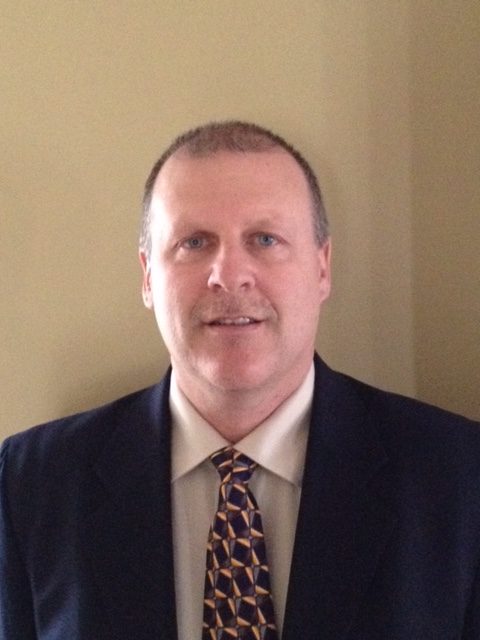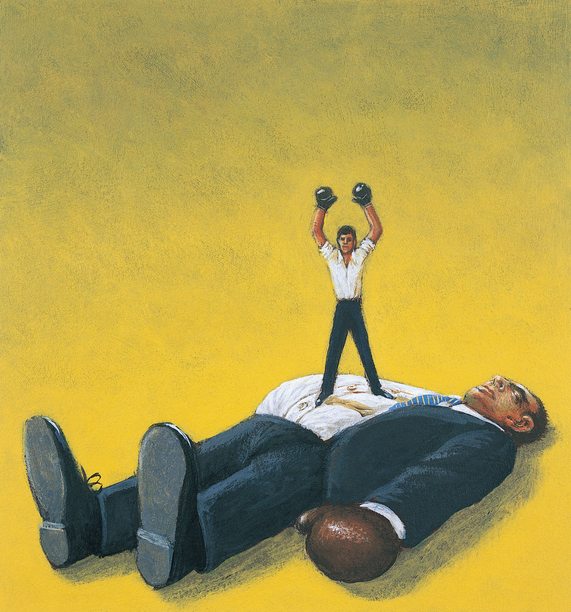In an age of mergers and multinationals, JoMar Seeds Solutions’ increasing market share proves there is room in the seed licensing business for small independents.
In mid-September, the United States Justice Department began looking into concerns that the global consolidation of major seed and agri-chemical companies was squeezing small and independent seed licensing companies out of the genetically modified seed market. While big companies form the majority of players in the non-GMO seed world as well, there remains opportunity for smaller independents to carve out a share of business as well, so long as they have access to desirable genetics.
“Being small in this business is not a limitation; it’s actually an opportunity,” says Bryan Gerard, president of JoMar Seeds Solutions. “Excellent product has to be a given. Customers want to have access to the best genetics and best traits possible. If you can offer that, you’re going to get business. If you can offer that and deliver the entire package – customer service and information and independence – with integrity, well, then you’re going to be really successful.”
Bryan should know. His Indiana-based seed licensing company, a relative newcomer to the seed licensing world and consisting of only himself and his brother Greg, is competing — and gaining market share — in an industry dominated by corporate giants.

JoMar Seeds is not the Gerard brothers’ first go-round in seed licensing: until 2012, they operated JGL Inc., a soybean and wheat licensing company founded by their father John in 1982 and headed by Bryan and Greg from 1990 until its sale.
JGL was similarly small in size but big in capacity. Initially created to serve the eastern U.S. Corn Belt, it licensed varieties to over 100 seed companies in more than 10 countries across three continents by the time it sold in 2012.
“The vast majority of licensing companies are very big, but there’s definitely room in the industry for the small guy,” says Kelly Phipps, CEO of Armor Seeds, LLC. “There is always need for a smaller company that is able to communicate quickly.
“JoMar Seeds brings a level of honesty, transparency and a small company feel. A lot of companies of all sizes bring transparency and trustworthiness but maybe they aren’t as free because they aren’t independent. JoMar’s independent status makes them very different.”
Being small gives JoMar “a chance not just to survive, but to flourish,” Greg says. “We try to focus on the aspects an independent company can offer. When someone calls, they speak to Bryan or me, so they’re talking to the decision makers. They are talking to the people who are walking the plots, studying the data, and making the advancements. We value the personal relationships, and we’re able to work really well with companies of all sizes, from small companies to large multi-nationals.”
Agriculture today is high-pressure business: acres are big, input costs are high, margins are tight. Farmers can’t afford to make missteps. As such, they rely heavily on information sourced from higher-up the value chain, be it directly from their suppliers or indirectly from their supplier’s suppliers, like seed licensing companies.
Regardless of a seed licensing company’s size, providing high quality, reliable information is a huge priority. Greg and Bryan think that their hands-on, small-company operating approach helps them differentiate themselves from the competition.
“When a customer thinks of JoMar, they don’t think of a company. They think of Greg and me. Because we are synonymous with our company, our personal integrity is on the line every time we talk to a customer,” Bryan says. “We’ll tell customers the downsides of varieties: they need to know the positives and negatives so they can make educated decisions on whether the downsides are manageable. Our independence provides us flexibility to help our customers be successful.”

JoMar Seeds grows test plots in multiple locations of all of the varieties they represent, so that they have a good understanding of how the crops will fare under various soil types, climatic zones, moisture conditions and agronomics. Even with this strong background with each variety, counselling customers on what might work in their unique circumstances is a heavy responsibility.
“We are the owners and the decision makers but we are also the guys out there making the sales, hearing from customers what they need. And we are the guys walking the plots: every rep in every yield trial in every location at least three or four times every season,” Greg says. “The decisions we make, the advice we offer can play a big role in customers’ success. We feel that responsibility, absolutely.”
Bryan and Greg attribute a good portion of their success to industry involvement. Over the past 25 years, either or both have been actively involved in the American Seed Trade Association, the International Seed Federation, the Independent Professional Seed Association, the Canadian Seed Trade Association, and numerous regional and state associations. Bryan is currently the chair of the field crop section of ISF and ASTA, and Greg is vice chair of the ASTA communications committee.
“We have served in many capacities at the association level and that experience has enhanced our business and how we work with our customers,” Bryan says. “We have seen it be a difference-maker on numerous occasions.”
“I know small companies wonder if the time and expense of being involved at the association level is worth it. I can unequivocally say yes, it is worth it both directly and indirectly.”
The two brothers believe that there is currently and will continue to be room in the seed licensing industry for small-size independents.
“We are building our business with the intention that it will last a long, long time. Our plan is for JoMar to last long beyond Greg and Bryan,” says Greg. “The relationships we build, the reputation for integrity we develop, those are our priorities.”
—Madeleine Baerg










